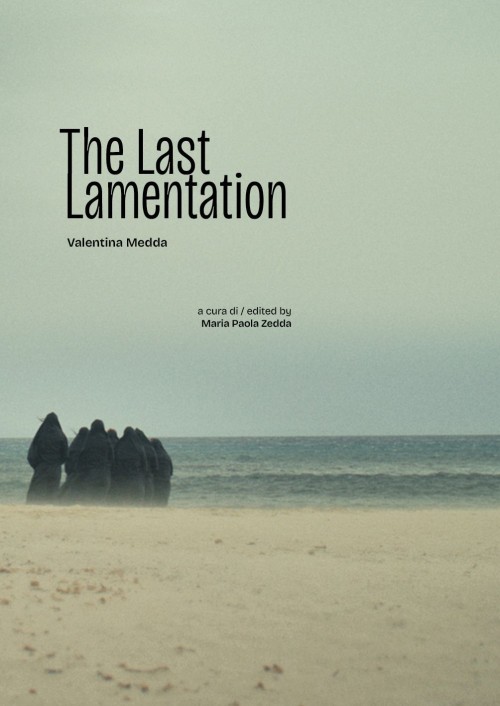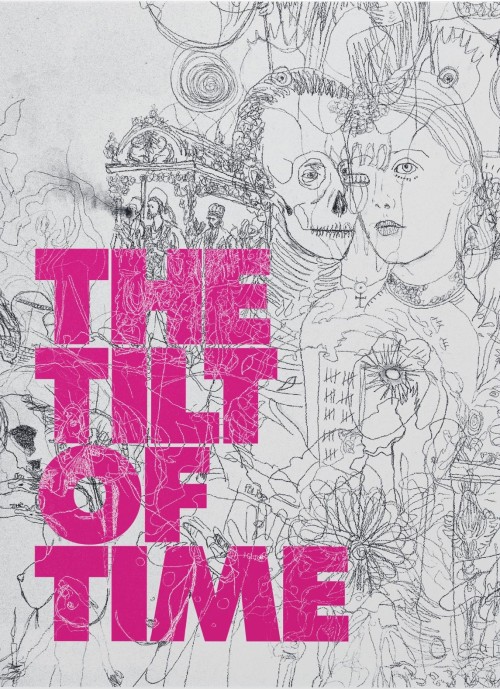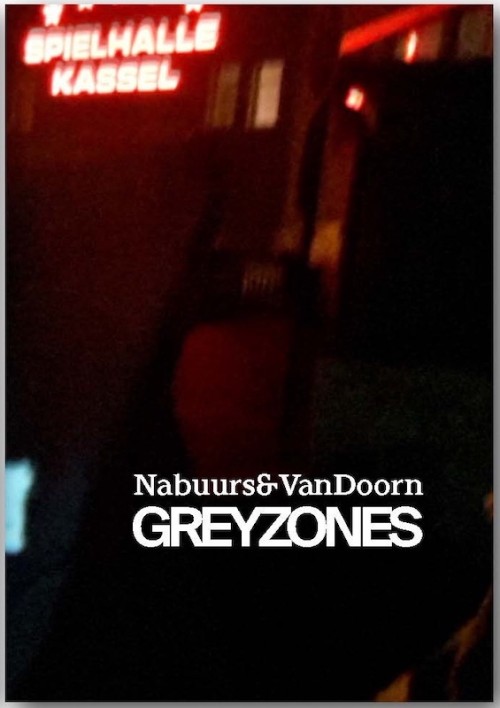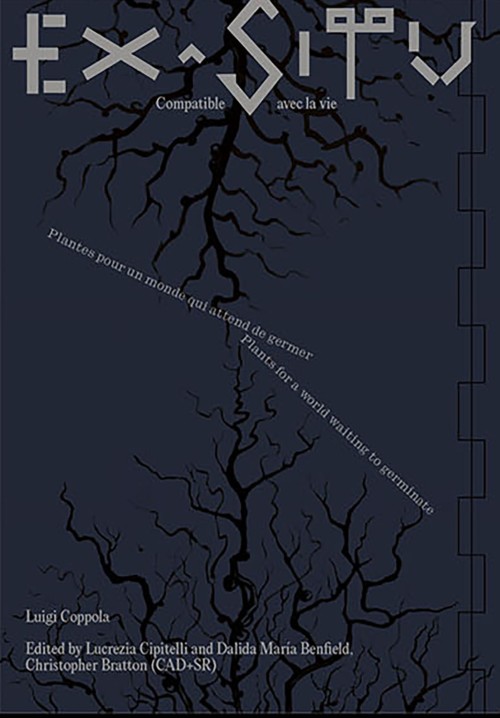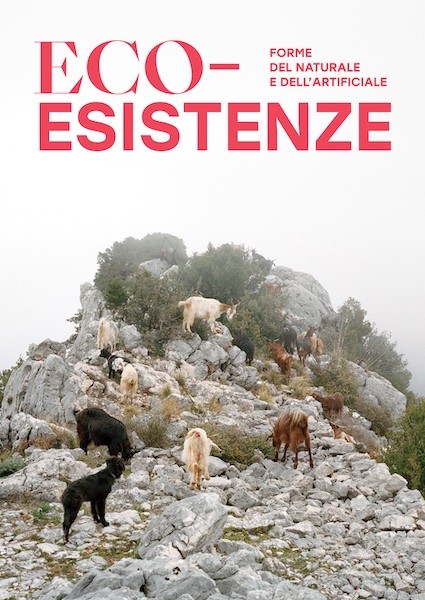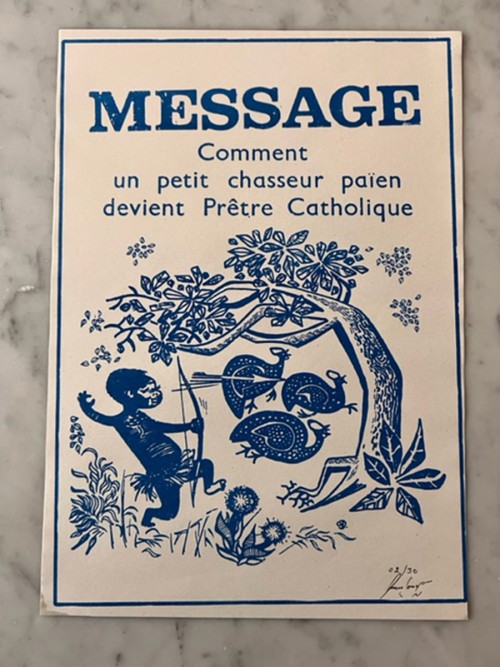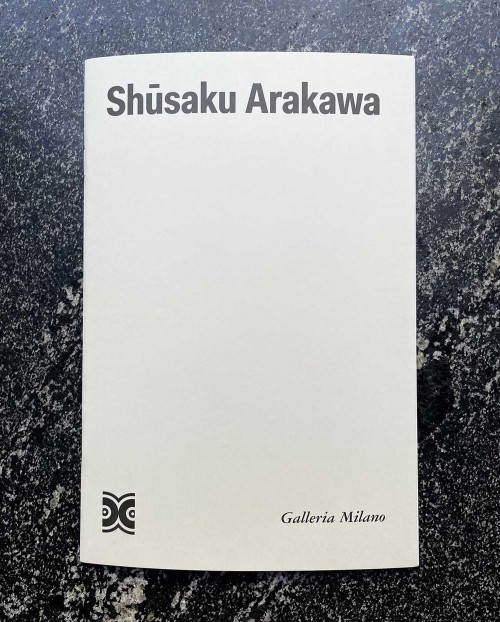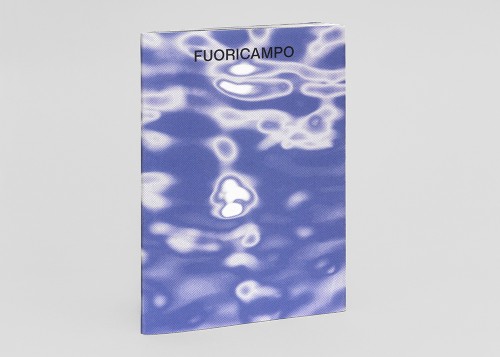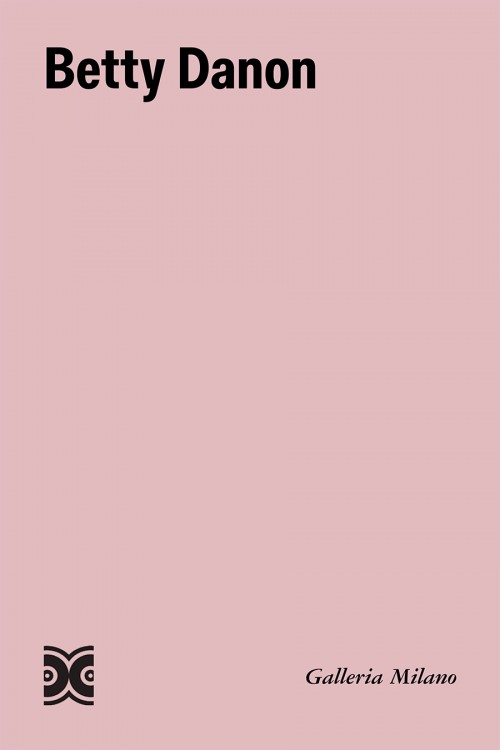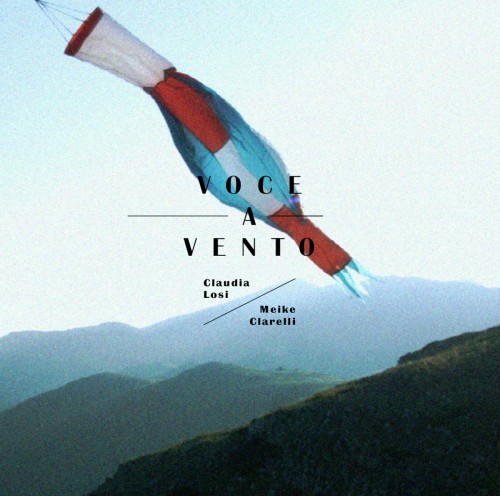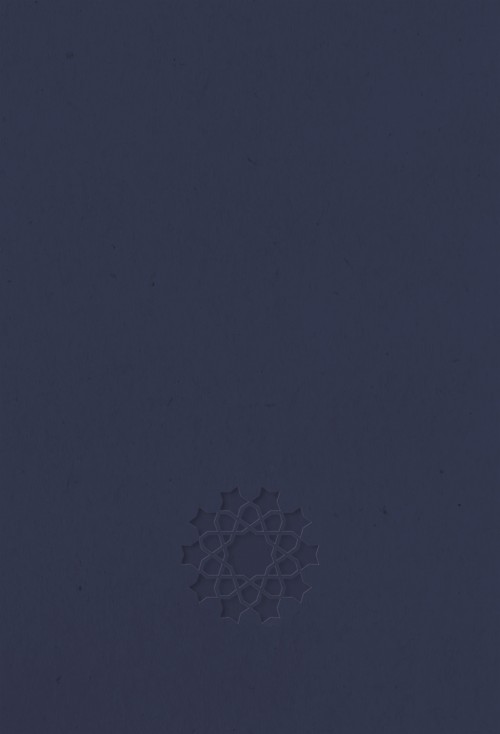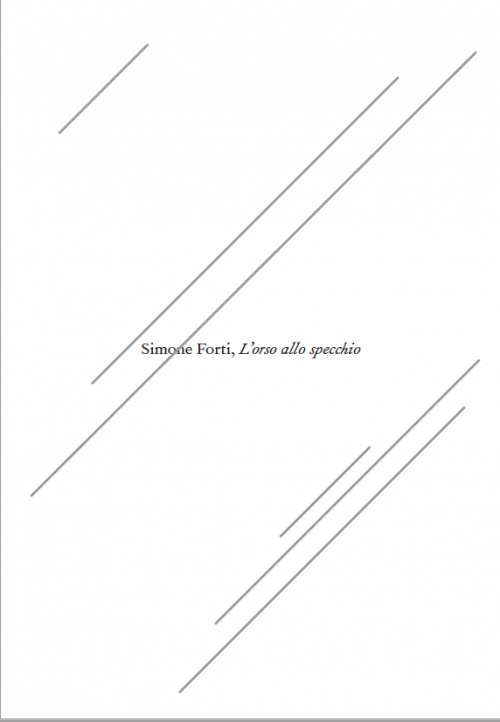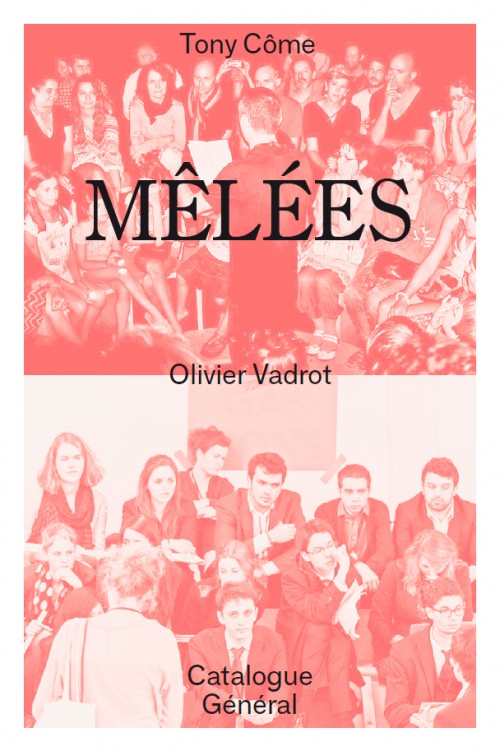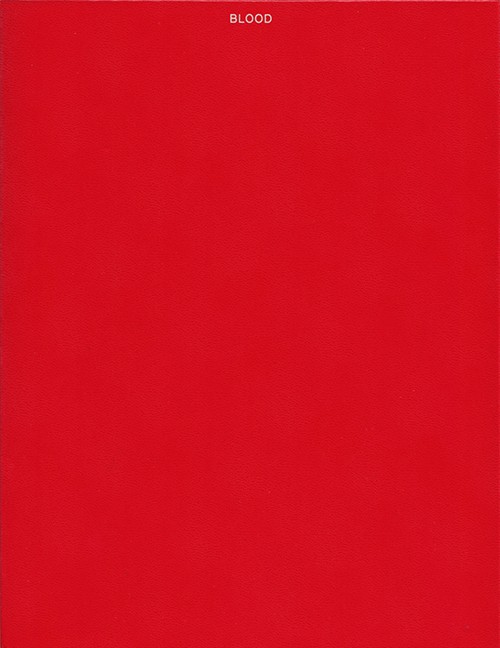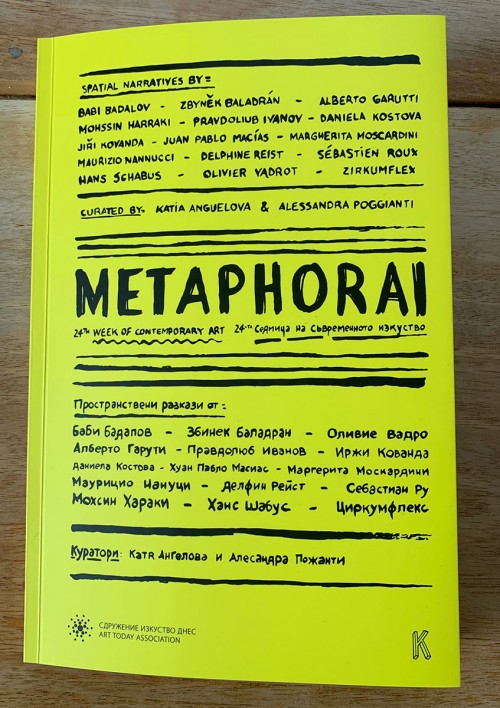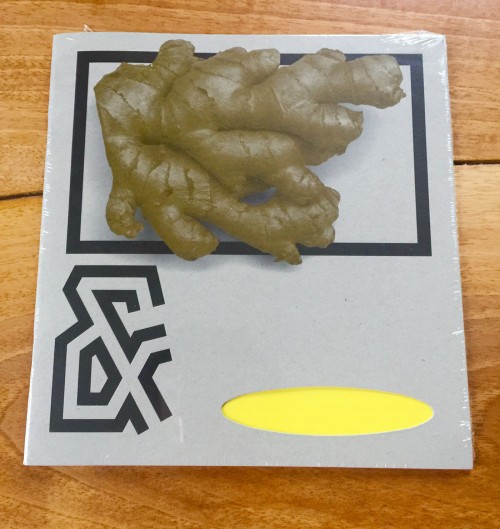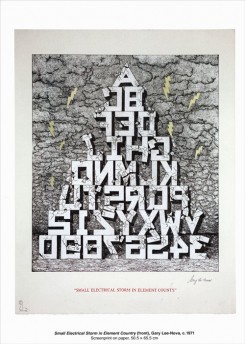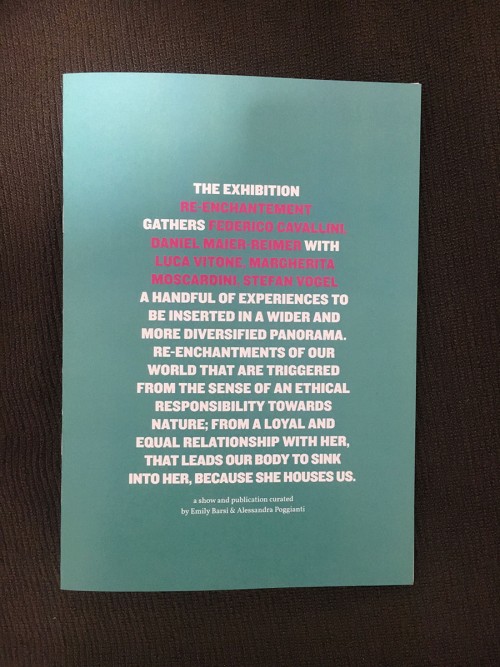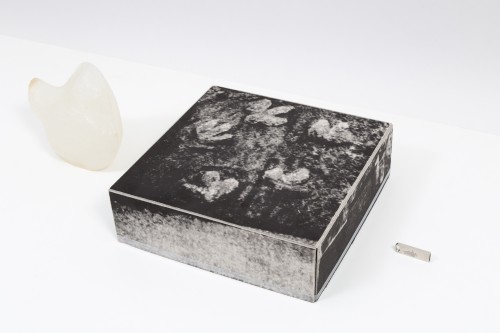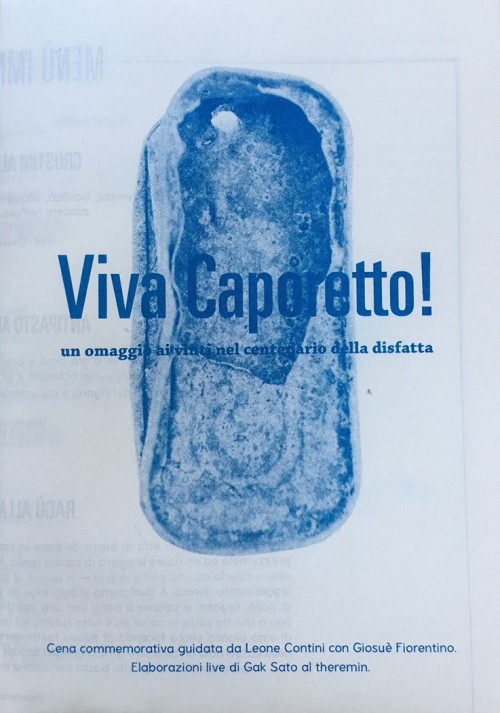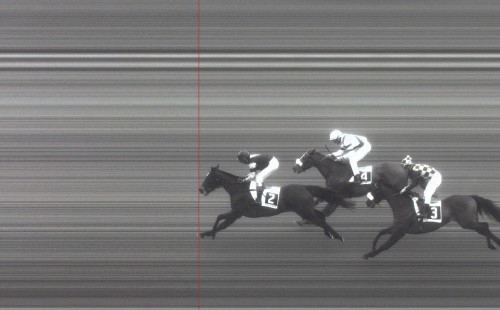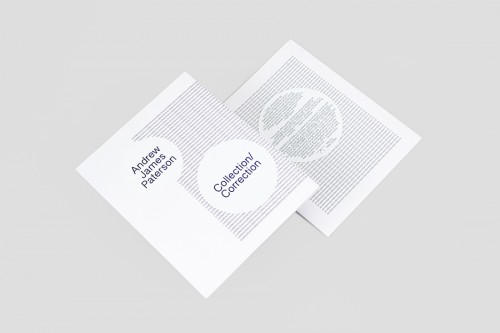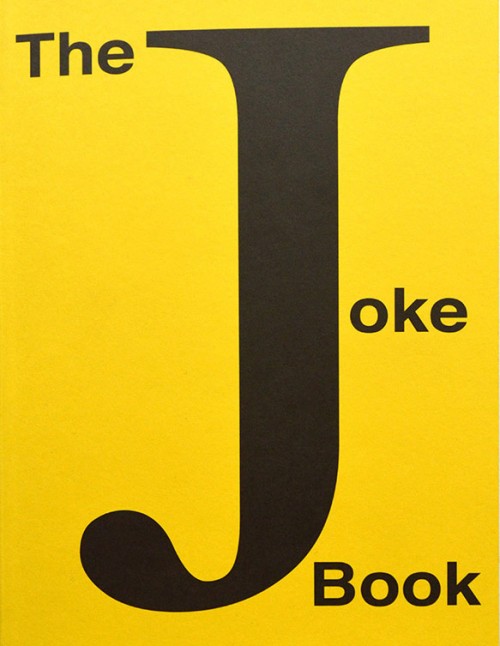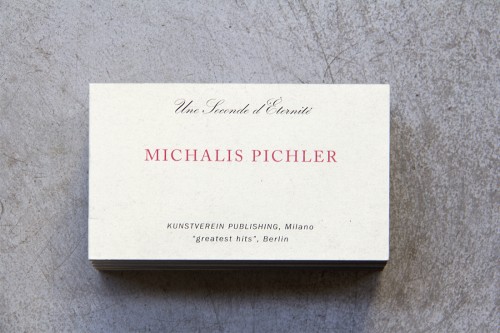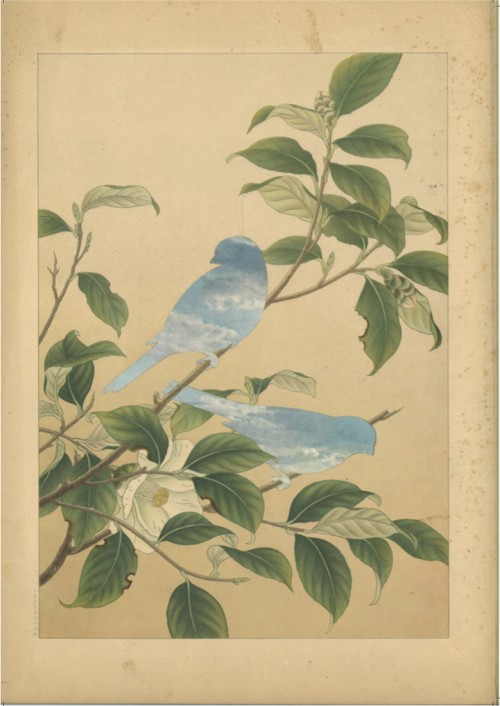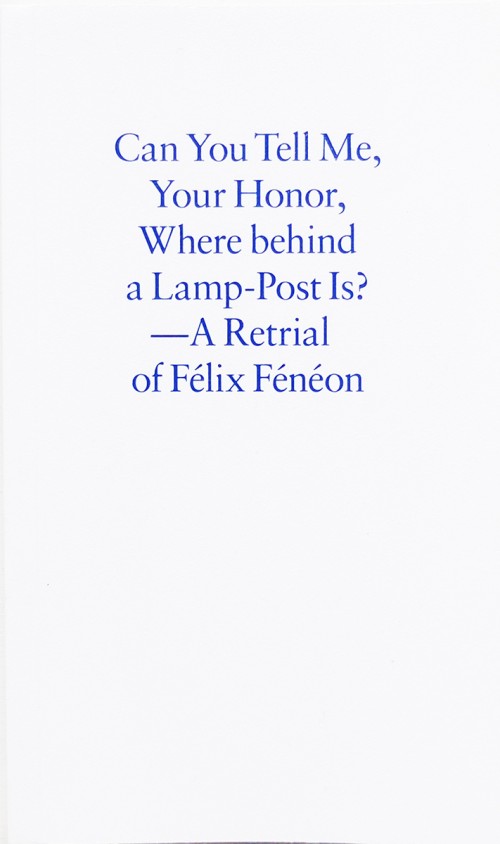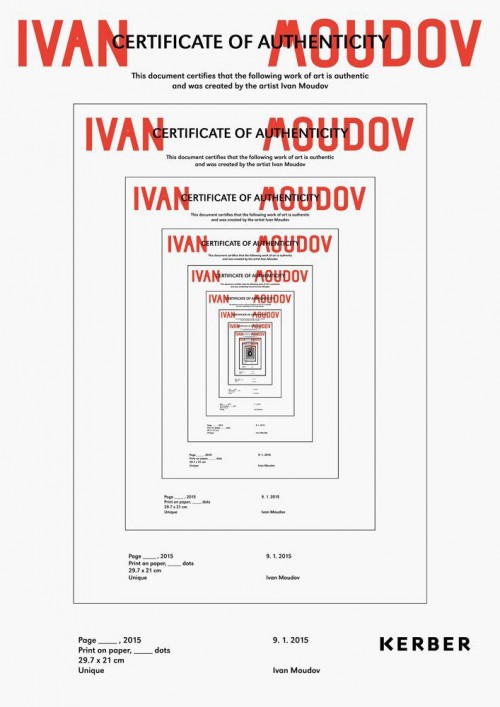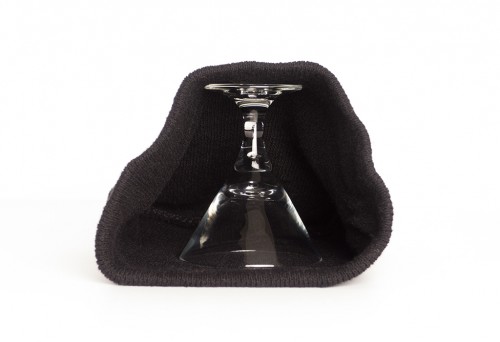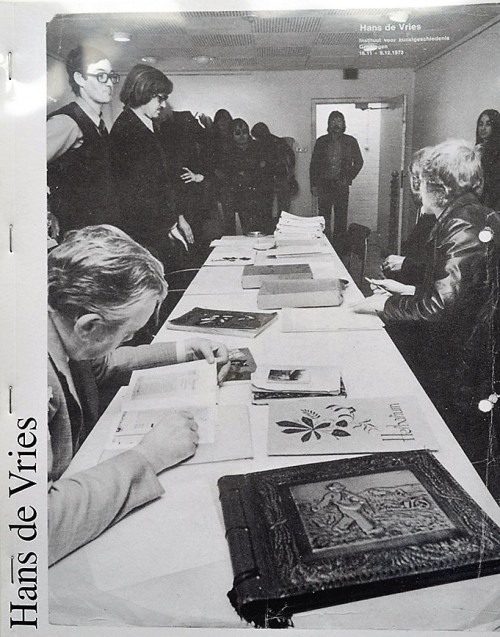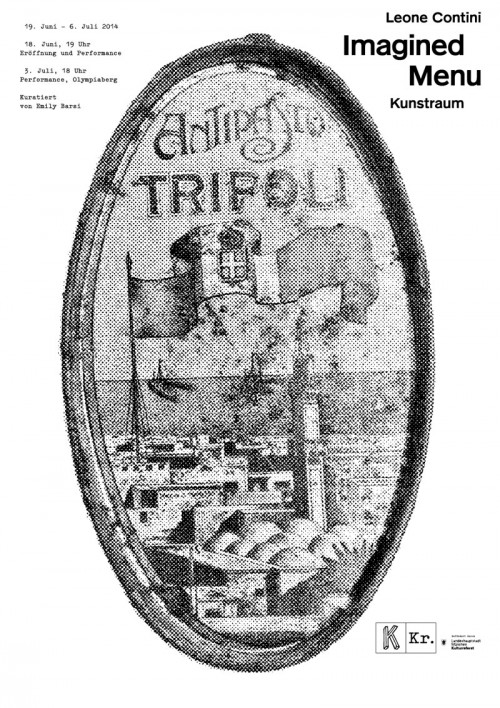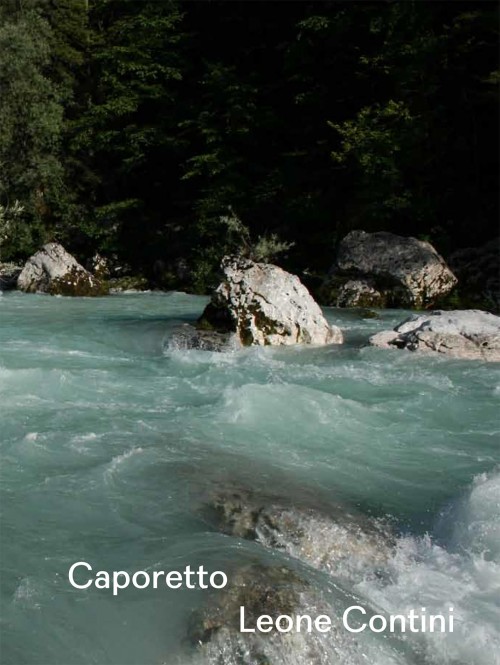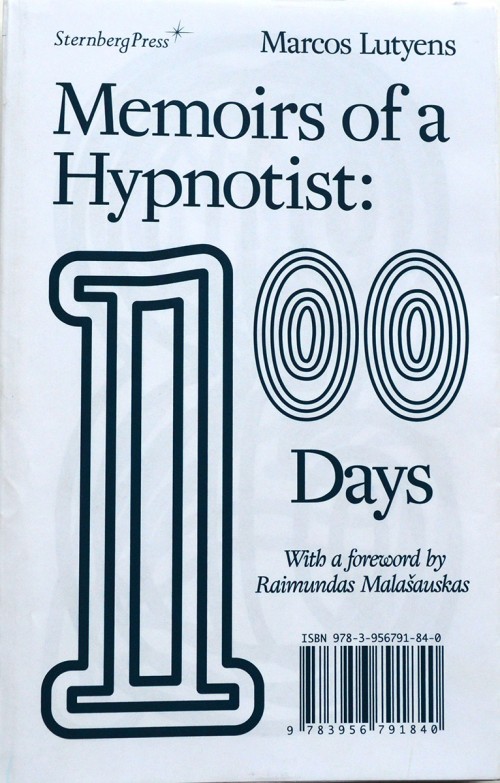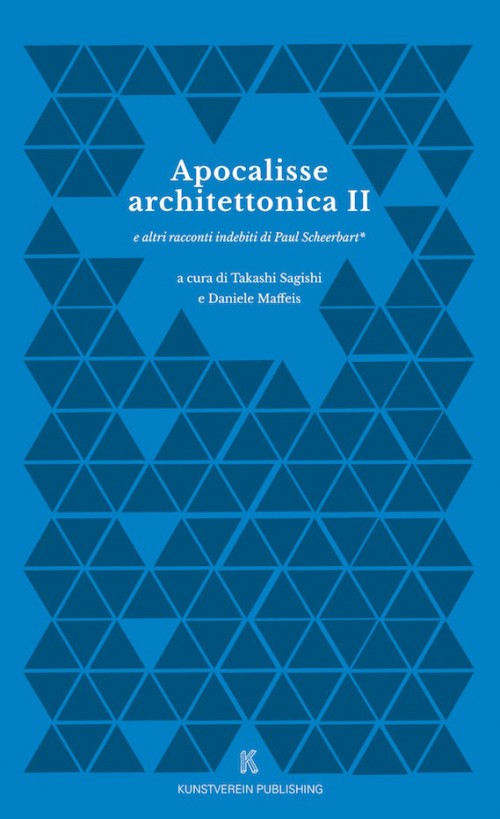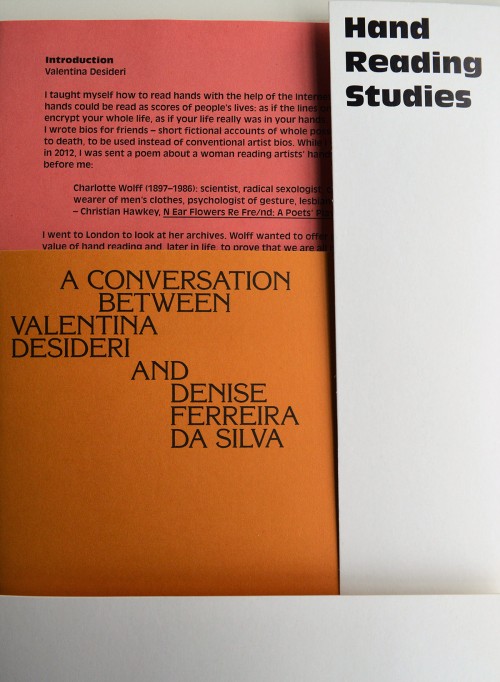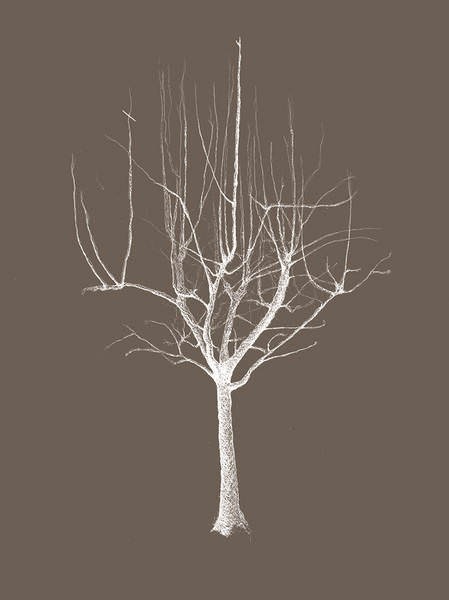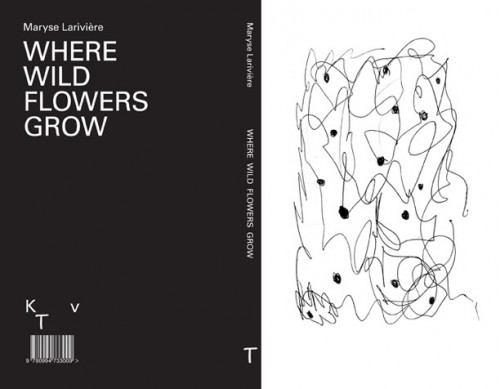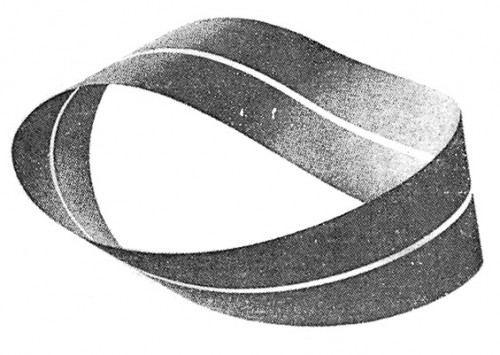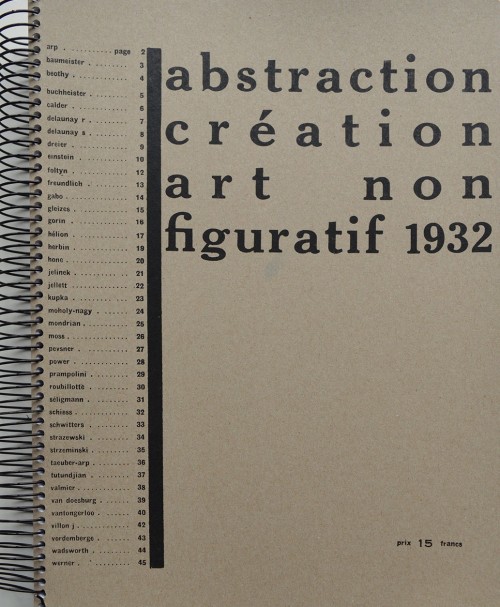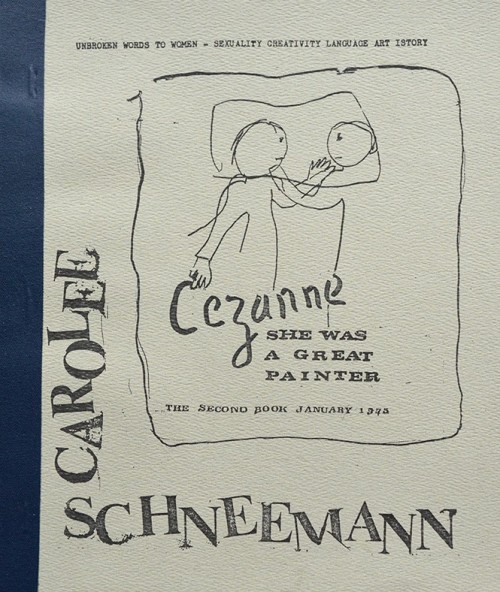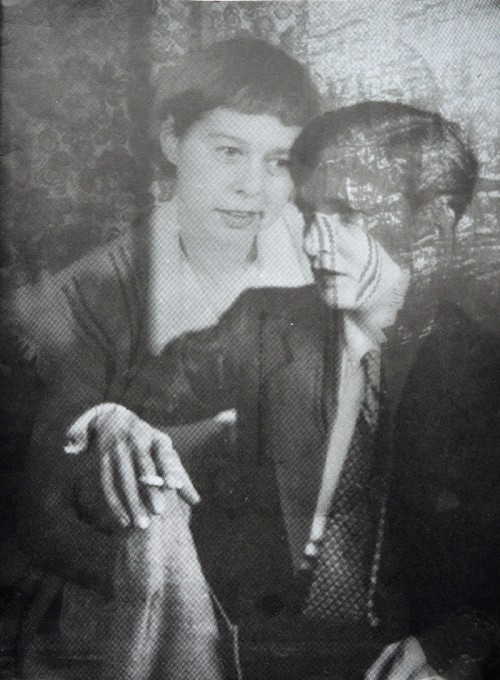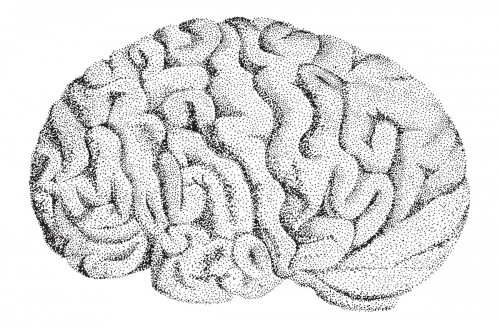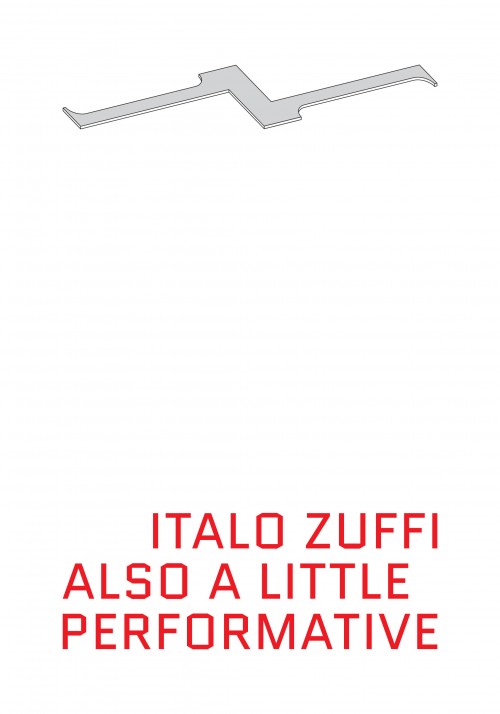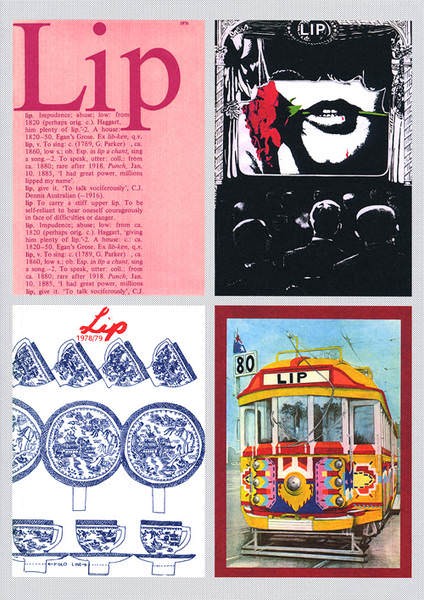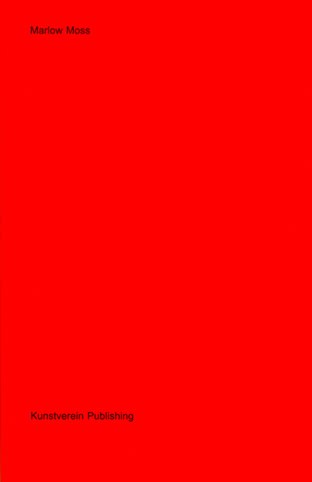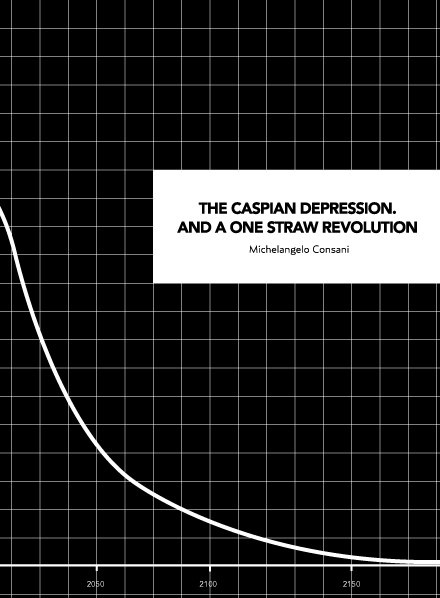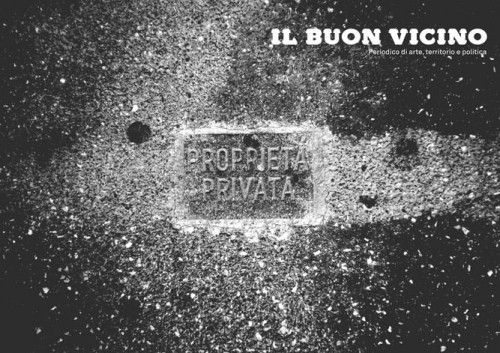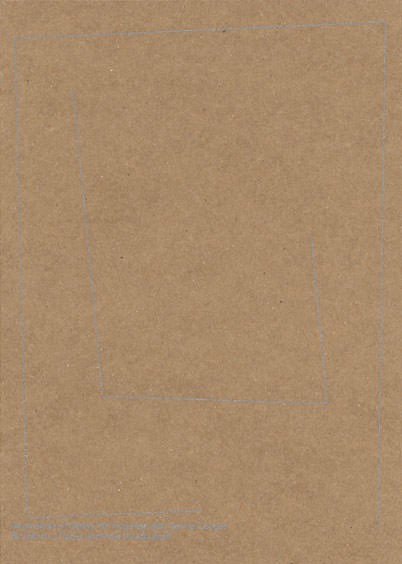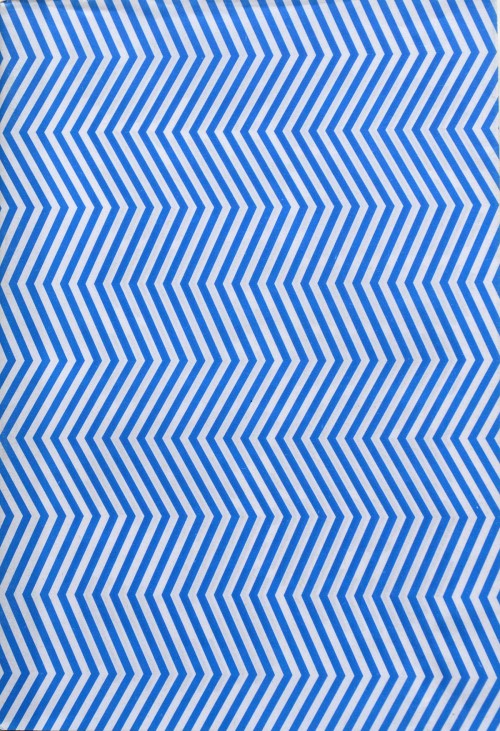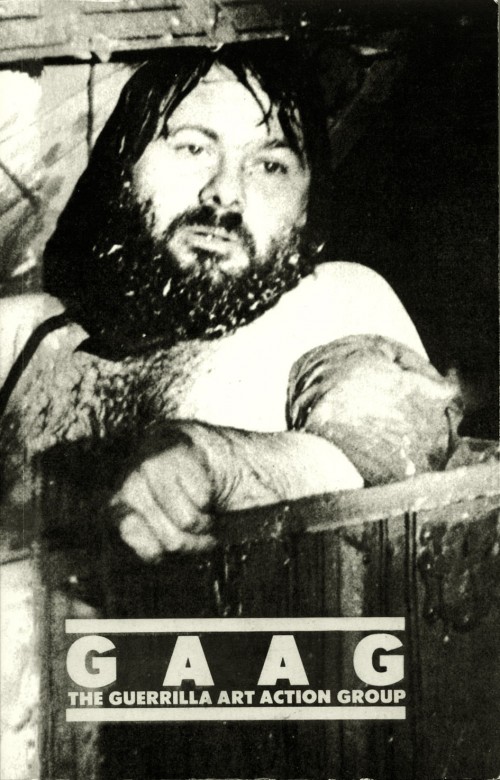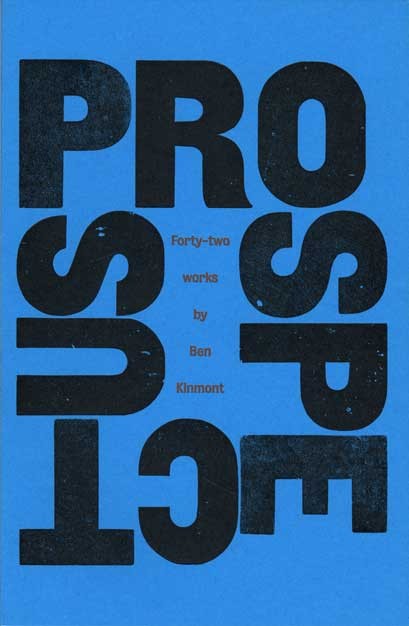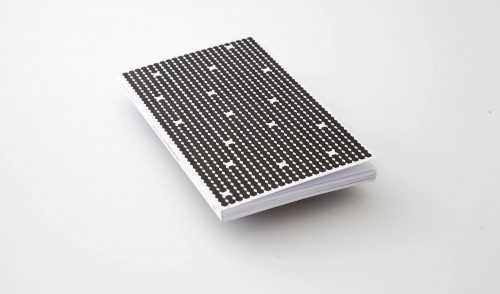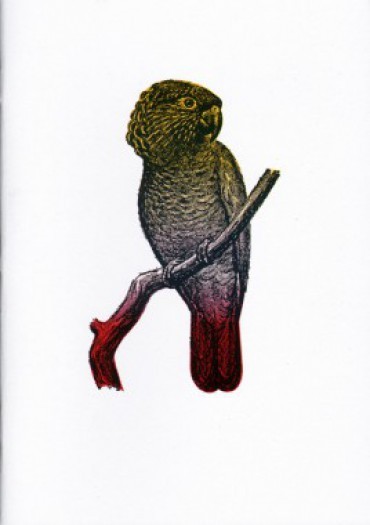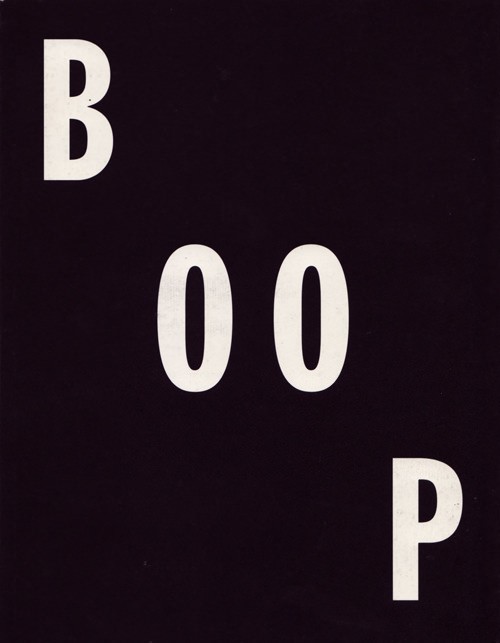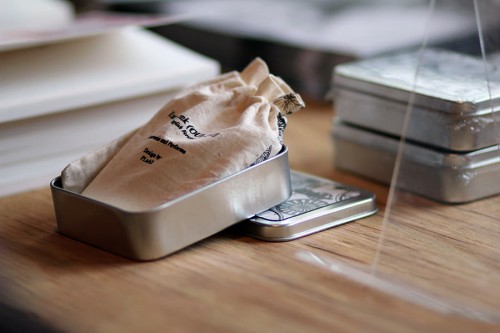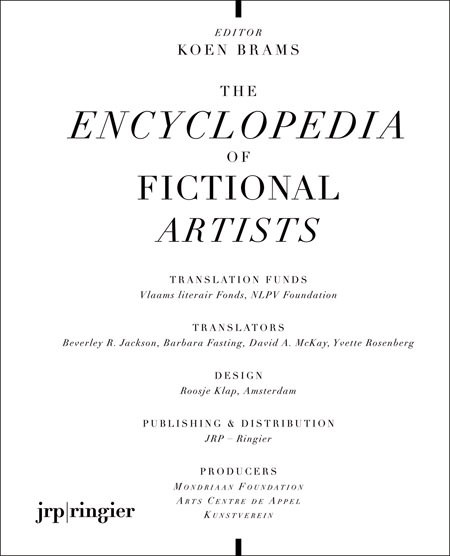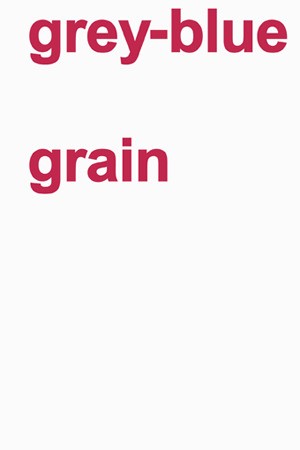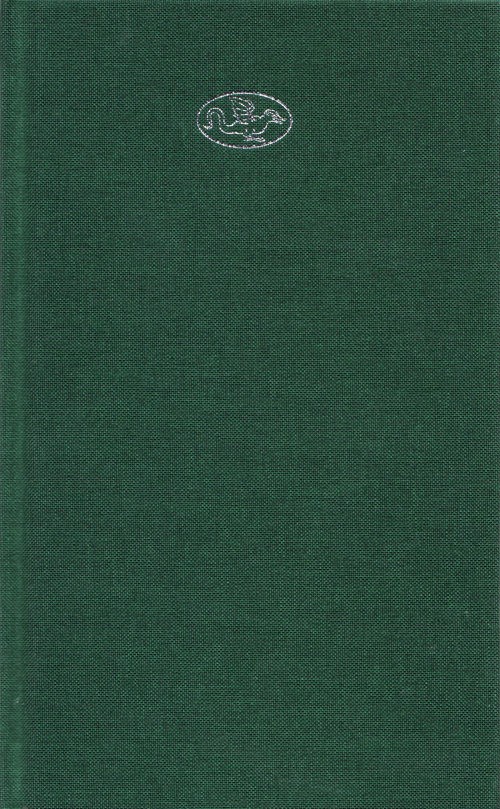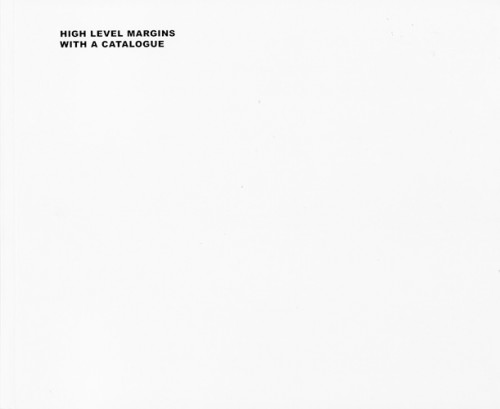










The Last Lamentation
Valentina Medda
March 2024
Published on the occasion of the exhibition of the same name at Museo Man in Nuoro, Sardinia, The Last Lamentation is artistic project, research, a performance and video, conceived by Valentina Medda and curated by Maria Paola Zedda.
The Last Lamentation is an art project articulated around the issue of migration and diasporas from the Global South that sees the Mediterranean transformed into a place of waiting, suspension, and passing away, a solid space of embodying absence.
A crossroads of present-day diasporas, the sea is here conceived as a place of reception and deposit of bodies and also as a body in itself that weaves and documents ancient and contemporary funeral mournings through the choral reconstruction of a ritual performed with the involvement of local and migrant women.
Curated by Maria Paola Zedda, the work, conceived as both a video and a live performance, is structured through a collection of materials and research related to women's knowledge of the collectivization of mourning and grief. The working phase is mainly articulated in Sardinia, the artist's homeland, where some of the mentioned traditional forms still survive, although at a stage close to extinction. The island, at the center of the Mediterranean, conceptually becomes a junction between the North and South of the world, reverberating the connective power of a choral action and song that reaches out like an echo chamber to the entire Mediterranean basin. The Last Lamentation reconstructs a ritual action in which twenty women dressed in black address the sea, as if in an act of prayer, performing a repetitive and hypnotic sound and choreographic score that reworks ritual codes into contemporary and abstract forms. Simple gestures and sounds connect the Sardinian lament with that of the countries bordering the Mediterranean, resulting in a shared weeping that through the body recounts the tragedies of the sea. The images follow the movement of bodies that, like shadows and dark presences, punctuate the landscape, building a calligraphic mark that recalls the flight of a flock. The score of gestures uses the codes of dance hybridized with signs from archaeological and ethnographic heritage, according to a path of repetition and crescendo that, in a loop that is never identical, aims to find a moment of climax and cure.
The project is realized in collaboration with vocal coach, composer and singer Claudia Ciceroni.
The Last Lamentation was first presented as a study named S’Ultimu Attittu -Sardinian for the last lamentation- in Beirut during Medda's residency at BAR, in 2018.
Winner of the XI edition of Italian Council - program for the international promotion of Italian art of the General Directorate of Contemporary Creativity of the Ministry of Culture - and of the European project Stronger Peripheries, The Last Lamentation is made possible by a partnership linking ZEIT (lead partner), Museo MAN of Nuoro, Teatro di Sardegna, Arts Centre 404 /VierNulVier (Ghent, BE), Flux Factory (NYC), and it will be realised with the collaboration of Fondazione Sardegna Film Commission, and the support of ARS Arte Condivisa in Sardegna from the Fondazione di Sardegna (sponsor of the project).
Acquired by MAMbo -Museum of Contemporary Art of Bologna, where the artist lives, the piece will première in June in Sardinia, where it is now being produced and rehearsed and where it’ll see the live contribution of music composer Alessandro Olla. It’ll than travel to Arts Centre 404 / VierNulVier, Bunker di Ljubljana, FluxFactory -NYC, and will be presented in Milan thanks to the cultural partnership of Careof, in Bari at the BIG Bari International Gender Festival, in Puglia at RAMDOM, in Cagliari at Sa Manifattura and Exmà.
The Last Lamentation
Progetto editoriale di / Editorial concept by
Maria Paola Zedda in dialogo con / in dialogue with Valentina Medda, Andrea Wiarda
A cura di / Edited by
Maria Paola Zedda
Coordinamento editoriale / Editorial coordination
Andrea Wiarda
Hanno scritto / Words by
Ilenia Caleo, Cecilia Canziani, Daniela Cascella, Iain Chambers, Elisa Del Prete, Valentina Medda, Davide Sisto, Maria Paola Zedda
Traduzioni / Translations ita>en
Ms. Hibiskus
Traduzione / Translation Chambers en>ita
Iain Chambers
Versione italiana del testo di Daniela Cascella / Translation en>ita
Maria Paola Zedda
Revisioni e riletture / Proofreading
Emil Cantieri, Andrea Wiarda
Progetto grafico / Graphic design
Brice Delarue, Zirkumflex
Carta / Paper
Fedrigoni Symbol Tatami white / Arena Smooth white
Carattere / Typeface
Bricolage
Language
italiano/english
Stampato da / Printed by
Polistampa Firenze
isbn 978-88-32125-14-6
Edito da / Published by Kunstverein Publishing Milano
